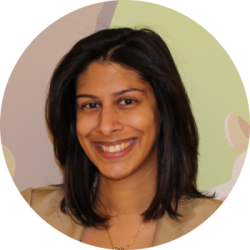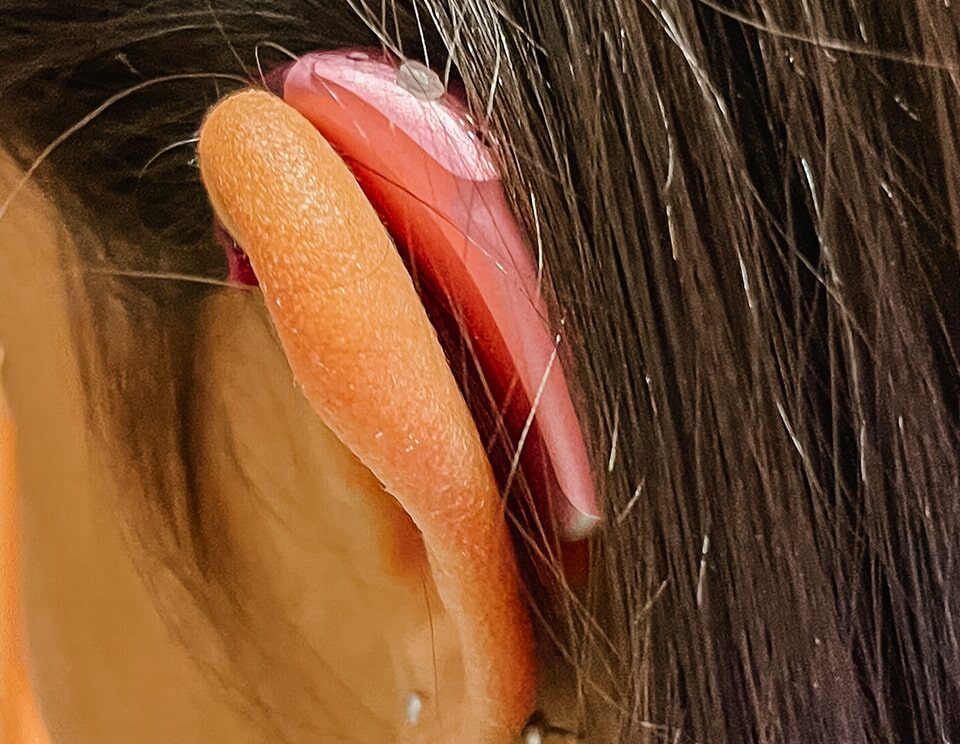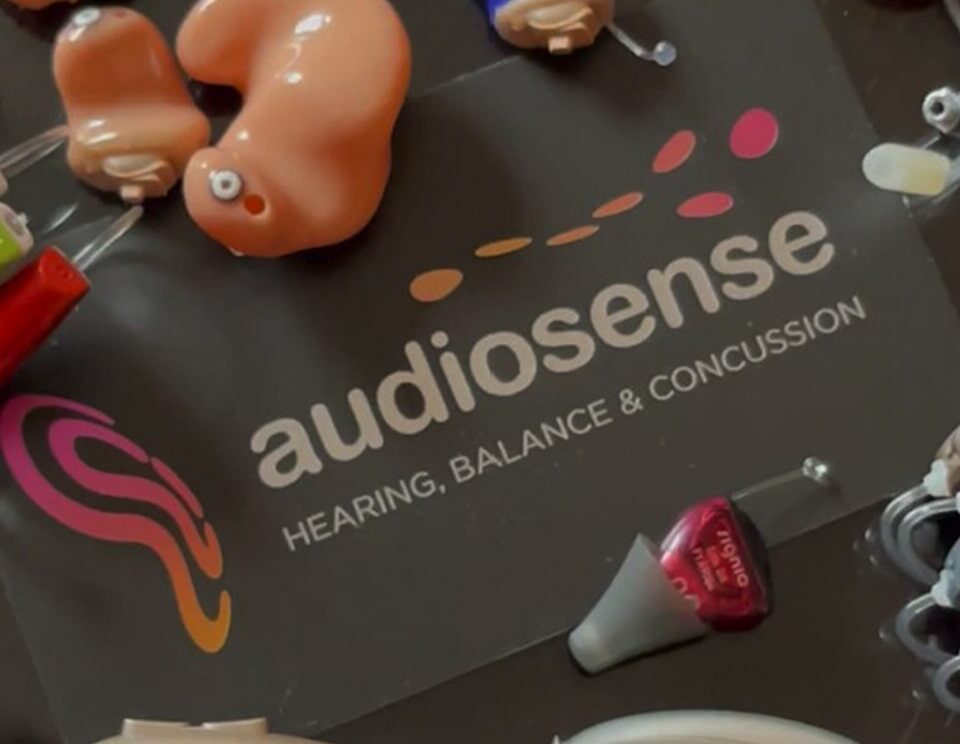The Village Living Magazine invited AudioSense to write an article for them. Sharing it here for our blog readers.
It’s the year 2017. This phrase gives me much reflection – what about you? As life gets busier and family responsibilities become more and more, it’s important to always remember to take care of ourselves. Get a physical done. Get our teeth checked. Get our eyes checked. Get our ears checked. Do you get your ears checked? Do you have an audiologist?
What is an audiologist? The Canadian Academy of Audiology describes audiologists as “health care professionals who assess, treat and educate to prevent hearing and balance problems. They are trained to perform a variety of tests to determine the nature and degree of an individual’s hearing and/or balance problems. They see people of all ages – babies, children and adults. Once the hearing and/or balance problem is known, an audiologist can help determine the best action to help individuals deal with their problems”.
Hearing loss is one of the most prevalent disabilities worldwide. Over 5% of the world’s population has a disabling hearing loss (World Health Organization). In Canada and the US, it is estimated that over 20% of individuals over 12 years of age suffer from a hearing loss in either one or both ears (Lin et al.,2012). The prevalence of hearing loss is known to increase with every age decade, but it is important to note that hearing loss is becoming more and more common in teenagers and young adults, with 1 in 6 individuals showing signs and symptoms of hearing loss, including ringing, buzzing, roaring in the ears and ear pains (The Hearing Review, 2014).
It takes an average of 7 years for a person with hearing loss to seek help for their loss. Loss of hearing is generally gradual, so the 7-year long wait to see a hearing professional could be due to the person not noticing the change in their hearing. Most of the initial complaints about hearing loss typically comes from family members who notice that the person with the loss asks for repetitions more often than before, listens to the TV or music loudly, has trouble following conversations on the phone, struggles in noise, and may gradually remove him/herself from social situations. For people with hearing loss, the first and best course of intervention is hearing aids.
Hearing aid use in adults significantly improves quality of life, prevents social isolation, reduces depressive symptoms, improves general psychological, social and emotional well-being, increases communication with peers and family, reduces the incidence of falls and has positive effects on cognition and other functional domains (Gopinath et al., 2011; Chien and Lin, 2012). Yet, despite these many clear benefits, hearing aid use in adults remains a challenge; only 10-30% of hearing impaired users actually use hearing aids (Gopinath et al., 2011). This is a concern, because the longer a hearing loss is left untreated, the more likely the brain will be to change and develop compensation strategies and the harder it will be for the person with the loss to get used to hearing aids later in life when they really need it.
As AudioSense, which is a hearing, balance and concussion clinic, every person who comes in for a hearing test will also receive a screening for vestibular issues and we make sure to always talk about tinnitus (i.e., ringing in the ears) and exposure to noise. Then, we talk about your options. If your hearing is fine, then we address whichever concerns that made you come in to visit us in the first place. If your hearing is not fine, then we talk about options available to you. Sometimes, those options will be hearing aids. Other times, it will be other types of therapy. And then, we build on that and we work on fixing the problem together. We take the time needed to make sure that your loved ones understand what you are going through, so that you are never alone in your journey to hearing better. And of all this, we do with motivational triggers in mind (and while you get to sip on a cappuccino!). What you are getting in addition to all of this at AudioSense, is amazing pricing for all services compared to the competition, and your hearing health care is provided by our very own Ph.D. audiologist, who is not only a leader in her field (President Elect of the Canadian Academy of Audiology), but also uses evidence-based practice in all of her work to make sure you get the best and more innovative services there is.
Learn more about the hearing aids we offer at AudioSense, and about how we shorten the delay between hearing loss diagnosis and treatment.
About the Author: Salima Jiwani (Ph.D.) is the lead audiologist at AudioSense, a Hearing and Balance clinic located in Yorkville, Toronto. Salima provides her patients with industry-leading treatment and rehabilitation services by leveraging her clinical, research and industry experience. AudioSense is an audiology clinic that takes a comprehensive approach to the treatment of audiological impairments for children and adults. Our approach is to provide evidence-based clinical care for hearing and balance services to allow us to take a proactive rather than reactive approach to audiological health-care.
About the Author
Salima Jiwani is the Founder/Director and Lead Audiologist at AudioSense Hearing, Balance & Concussion, an audiology clinic in Yorkville, Toronto. Salima has a keen clinical and research interest in disorders of the external, middle and inner ear, including hearing loss, auditory processing difficulties, tinnitus, sound sensitivities and post-concussion auditory deficits. Salima is passionate about understanding how the brain responds to sound after injury and in post-surgical management of cochlear implants. Salima works with children and adults of all ages at AudioSense, and provides her patients with industry-leading audiological care by leveraging her clinical, research and industry experience. She firmly believes in a holistic cross-collaborative team approach to audiological care and is always looking for outside-the-box evidence-based innovative ways to offer care to her patients. Outside of work, Salima continues to be engaged in advocacy initiatives to elevate the profession of audiology, give audiologists a voice and promote optimal audiological care for her patients.




